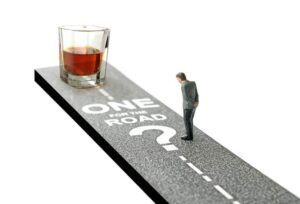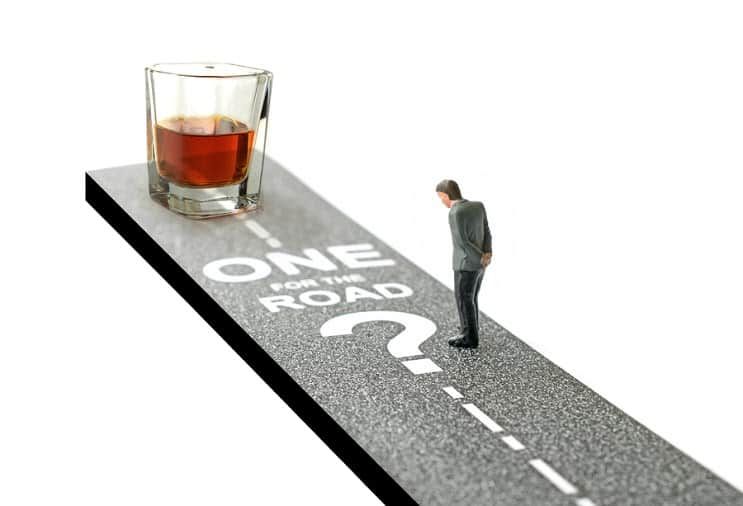 If driving under the influence (DUI) wasn’t such a huge problem in the United States, the US Department of Transport (DOT) wouldn’t be constantly searching for more, futuristic ways to stop drunk drivers. Case in point? They’d like to explore two high tech possibilities: putting breathalyzers in steering wheels and infrared sensors to scan drivers and ensure they aren’t drunk.
If driving under the influence (DUI) wasn’t such a huge problem in the United States, the US Department of Transport (DOT) wouldn’t be constantly searching for more, futuristic ways to stop drunk drivers. Case in point? They’d like to explore two high tech possibilities: putting breathalyzers in steering wheels and infrared sensors to scan drivers and ensure they aren’t drunk.
The breathalyzer will require any driver who gets behind the wheel to submit a breath sample via a device housed in the steering wheel. The infrared scanner will scan the skin of the driver to determine if their blood alcohol concentration (BAC) is over .08. If either device finds that the driver is drunk, the car won’t start.
It’s tech that’s being developed by the Driver Alcohol Detection System for Safety program, and although it’s only in the research stage, the companies behind it hope that its development will continue the fight against drunk driving.
It’s a fight that’s been going on for a long time. Mothers Against Drunk Driving (MADD) has long since advocated for ignition interlock devices, an in-car device that requires the driver to submit a breath sample before the car will start. Ignition interlocks have been proven to reduce the likelihood that a drunk driver will drive drunk again by up to 67%.
The reason ignition interlocks work is because they prevent the driver from driving after drinking any amount of alcohol. Research has shown that buzzed driving is just as dangerous as drunk driving, and ignition interlocks stop drivers from driving while buzzed. You don’t have to blow .08 for your car not to start, you just have to have been drinking, period.
Will this new tech stop buzzed drivers too? Time will tell if it will even see the light of day or, if it does, whether consumers will advocate against each and every vehicle automatically detecting if they have consumed alcohol before driving. In the meantime, ignition interlock devices are working to keep the roads safe for everyone.
